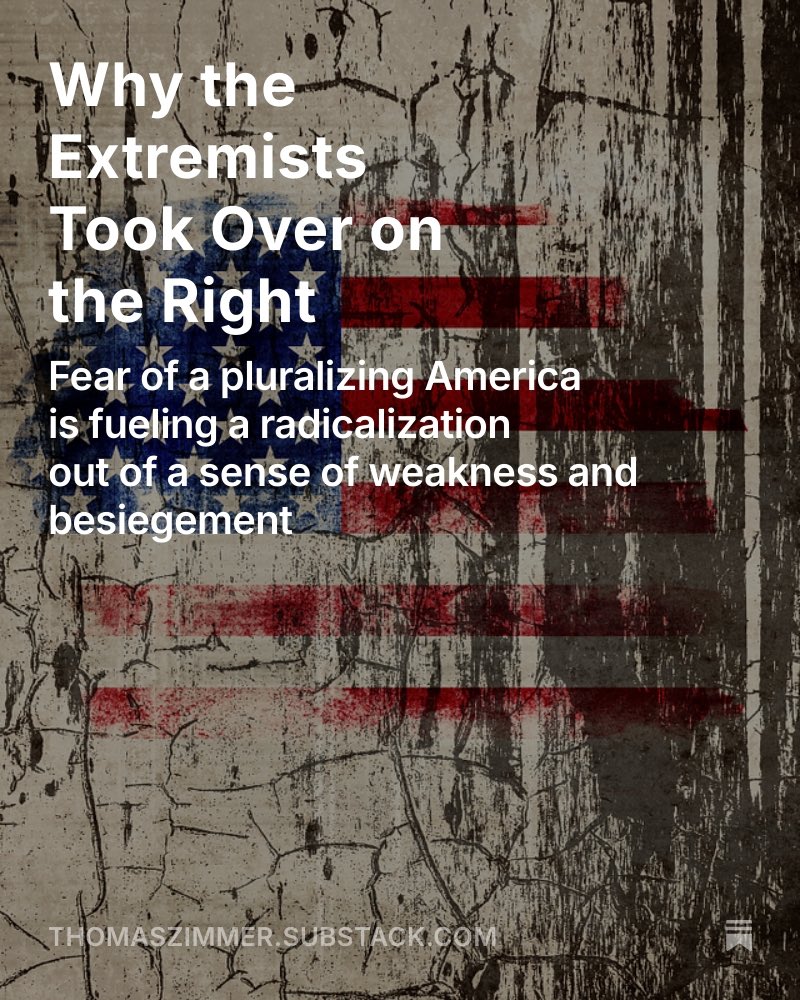Very grateful to @theeuropedesk for making my lecture on “The Age of Pandemics. The Threat of Infectious Disease and the Politics of Global Health in the 20th Century” at Georgetown University's @EuropaSaxa publicly available in podcast form.
#coronavirussyllabus #histmed
#coronavirussyllabus #histmed
https://twitter.com/theeuropedesk/status/1249027556680048647
The less-than-stellar sound quality is entirely my fault: It was a Zoom lecture that I had to give from the closet-turned-“office” in our apartment... Still worth a listen if you’re interested in a historical perspective on pandemics from Cholera in the 19th century to #COVID19
(Oh, and the actual Zoom lecture had PowerPoint slides that you won’t be able to see in the podcast version, of course. It should still be easy enough to follow the lecture though)
• • •
Missing some Tweet in this thread? You can try to
force a refresh






